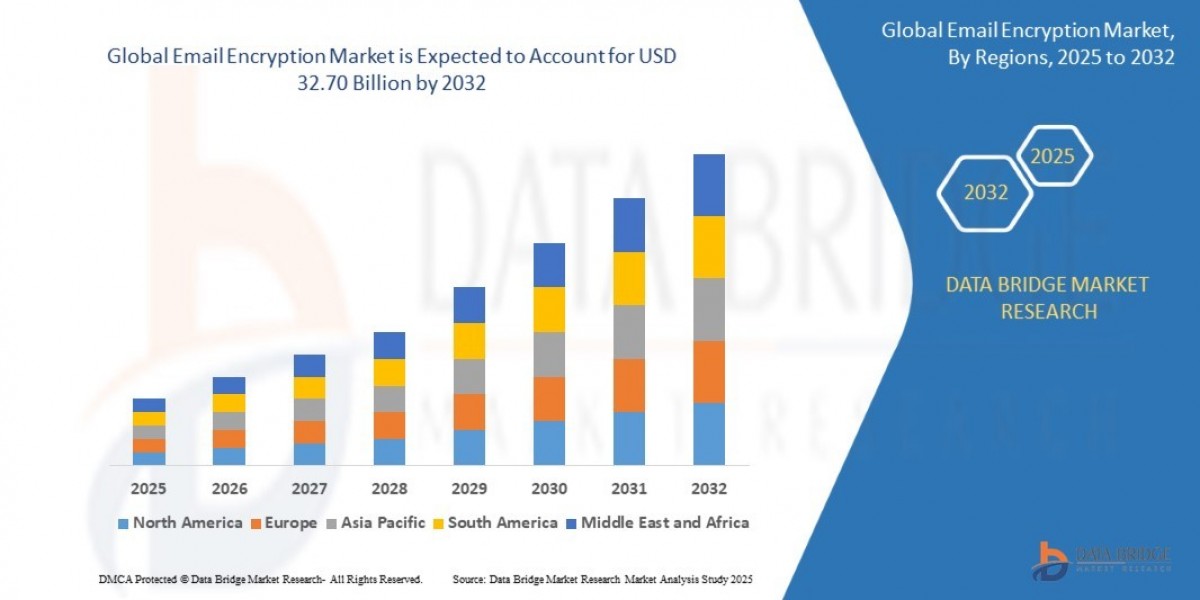For many entrepreneurs, building an online store is more than a business—it is a journey that involves years of dedication, creativity, and problem-solving. Yet, every founder eventually faces a critical decision: whether to continue scaling or consider an exit.
Knowing when to sell ecommerce business is not always straightforward. Timing can influence valuation, buyer interest, and long-term financial outcomes. Identifying the right moment requires a careful balance of personal goals, market conditions, and business performance.
Recognizing the Signs That It Might Be Time to Exit
Plateauing Growth
Growth is a key indicator of a healthy business. When revenue or customer acquisition flattens despite consistent marketing efforts, it may signal diminishing returns on investment.
A plateau suggests that the business has reached its current ceiling. This often means the company needs larger investments in marketing, infrastructure, or product development to reach the next stage.
Founders may not always want to make these additional investments, especially if it requires taking on debt or giving up equity.
Selling at this point allows the owner to pass the business to a buyer with the resources to scale further while still capturing value.
Shifting Personal Priorities
Entrepreneurs evolve, and so do their ambitions. Many business owners discover their interests change after years of running the same store.
Personal priorities such as family commitments, new ventures, or lifestyle changes can make it difficult to focus fully on the existing store.
Running an online business requires continuous adaptation to technology, supply chain adjustments, and changing consumer behavior. Burnout is common, and stepping away becomes appealing.
Exiting at the right time can free up capital and mental energy for new opportunities without letting the current business decline.
Attractive Market Conditions
Sometimes, external factors indicate that the timing is right. Market demand for online businesses has grown significantly, and valuations can peak depending on trends.
Buyers often pay higher multiples when e-commerce industries are thriving, such as in health, fitness, or direct-to-consumer brands.
Favorable economic conditions, like low-interest rates, can increase buyer competition, driving up purchase prices.
Waiting too long could mean missing the wave, especially if the sector becomes oversaturated or new competitors disrupt the market.
Financial Indicators That Suggest the Right Time to Exit
Consistent Profitability
Buyers are attracted to businesses with stable and predictable income. Showing several years of profitability helps demonstrate reliability.
A record of consistent growth reassures potential buyers that the store has a sustainable model.
Strong margins highlight operational efficiency and potential for future scalability.
By exiting when profitability is high, founders maximize the likelihood of securing premium valuations.
Clean Financial Records
Transparency is critical in the sale process. Disorganized or incomplete records can delay negotiations or reduce trust.
Buyers require detailed records, including profit and loss statements, balance sheets, and tax filings. Well-prepared documentation speeds up due diligence.
Clean books also demonstrate strong management practices, reflecting positively on the overall operation.
A business with easily auditable records stands out compared to competitors with unclear data.
Low Customer Acquisition Costs
A favorable cost-to-acquisition ratio shows efficient marketing systems. Buyers value stores that bring in customers without heavy spending.
High repeat-purchase rates combined with low acquisition costs signal a loyal customer base.
Marketing strategies such as organic traffic, strong SEO, or referral programs enhance valuation.
When acquisition costs rise significantly, it can reduce profitability. Exiting before costs escalate further is often beneficial.
Operational Factors to Consider
Supply Chain Stability
Reliable supply chains ensure consistent product availability. Disruptions can harm customer satisfaction and revenue.
A stable supply chain reduces risk for buyers, making the business more attractive.
Sellers should resolve any vendor issues or diversify suppliers before listing the business.
Businesses with strong supplier relationships often secure higher offers because they reduce the buyer’s risk exposure.
Dependence on the Owner
The more dependent the business is on the founder, the harder it is to sell. Buyers prefer businesses that can operate independently.
Standardized processes, automated systems, and strong teams reduce reliance on the owner.
Training documentation and transition plans further increase buyer confidence.
By reducing dependency, sellers make their business more transferable and appealing.
Technology and Platform Updates
Outdated platforms or systems create roadblocks for new owners. A business that is technologically current has greater value.
Updated websites with mobile optimization and strong cybersecurity measures stand out.
Integrated systems for inventory, customer management, and marketing ensure efficiency.
Investing in updates before the sale can increase buyer interest and final valuation.
Strategic Timing for the Best Exit
Exiting at the Peak
The best time to sell is often when the business is performing well, not when it starts declining.
Selling during peak performance positions the business as a strong opportunity rather than a risky investment.
Waiting until revenue or customer metrics dip can lower perceived value, even if the decline is temporary.
Strategic exits capitalize on momentum, making negotiations more favorable for the seller.
Preparing for Buyer Trends
Understanding what buyers seek helps align the exit strategy.
Buyers look for predictable cash flow, diversified revenue streams, and scalable operations.
Industries with growth potential, such as health, wellness, and technology-driven niches, often attract higher multiples.
Preparing the business to match these criteria before selling increases competitiveness in the marketplace.
Considering the Emotional Aspect
Exiting a business is not just financial; it is also emotional. Founders often struggle with letting go.
Emotional readiness is as important as financial readiness. Sellers should reflect on whether they are prepared to move on.
Planning the next step in life, whether another venture or personal goals, helps smooth the transition.
Recognizing the emotional component ensures decisions are rational rather than reactive.
Practical Steps to Prepare for a Sale
Work With Advisors
Business brokers, accountants, and legal professionals guide owners through the complex process. Their expertise ensures the sale is structured fairly and efficiently.Enhance Operational Efficiency
Streamlining processes, improving automation, and reducing unnecessary expenses all enhance valuation. Buyers pay more for businesses that demonstrate efficiency.Highlight Growth Opportunities
Buyers want to know how they can expand the business further. Demonstrating opportunities such as untapped markets, product expansion, or international reach increases attractiveness.Protect Intellectual Property
Trademarks, copyrights, and domain ownership strengthen a business’s position. Ensuring intellectual property is properly documented reduces risks for buyers.
Conclusion
Deciding when to exit an online store requires a mix of financial insight, operational readiness, and personal reflection. Founders who prepare early and recognize market signals position themselves for stronger valuations and smoother transitions.
For entrepreneurs evaluating their options, partnering with e commerce aggregators can provide an efficient pathway to exit, as these buyers specialize in acquiring and scaling online brands. By choosing the right moment and preparing strategically, sellers can turn years of hard work into a rewarding and profitable outcome.








